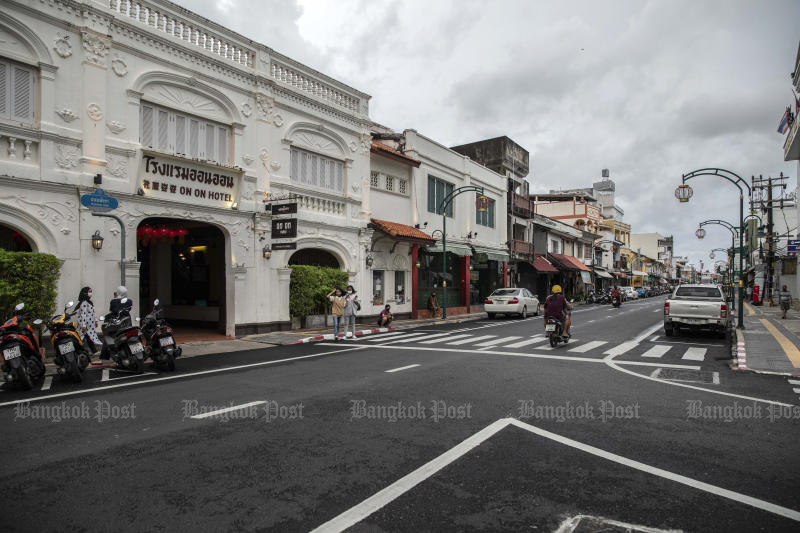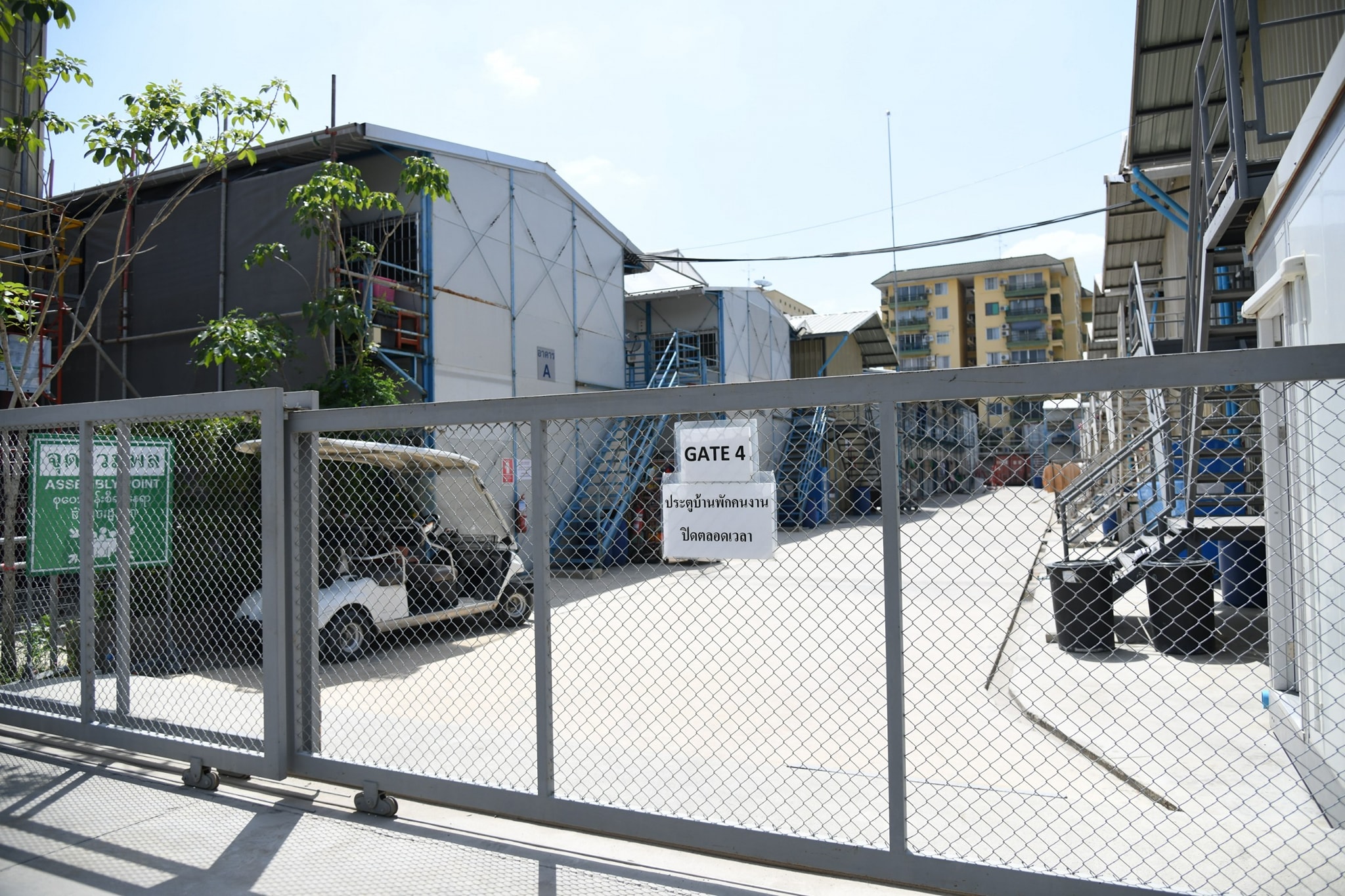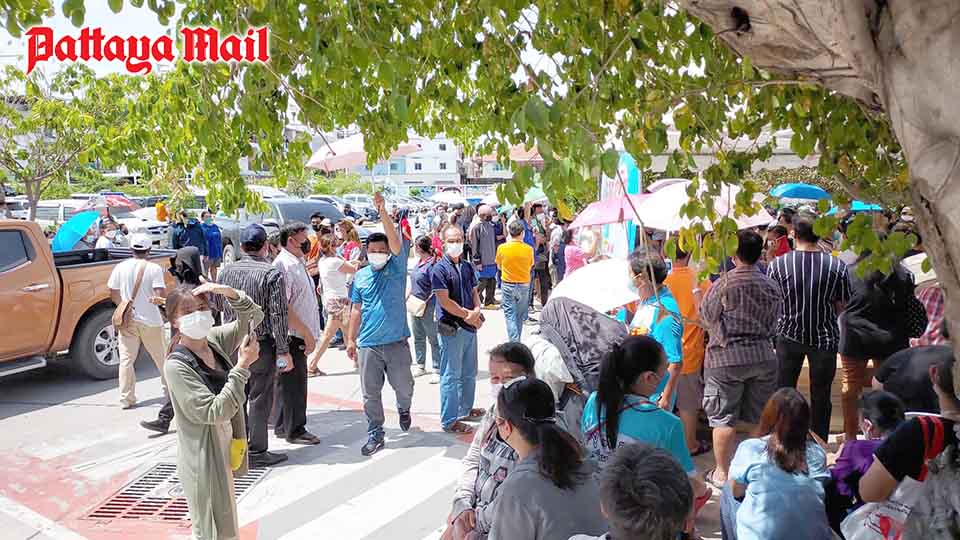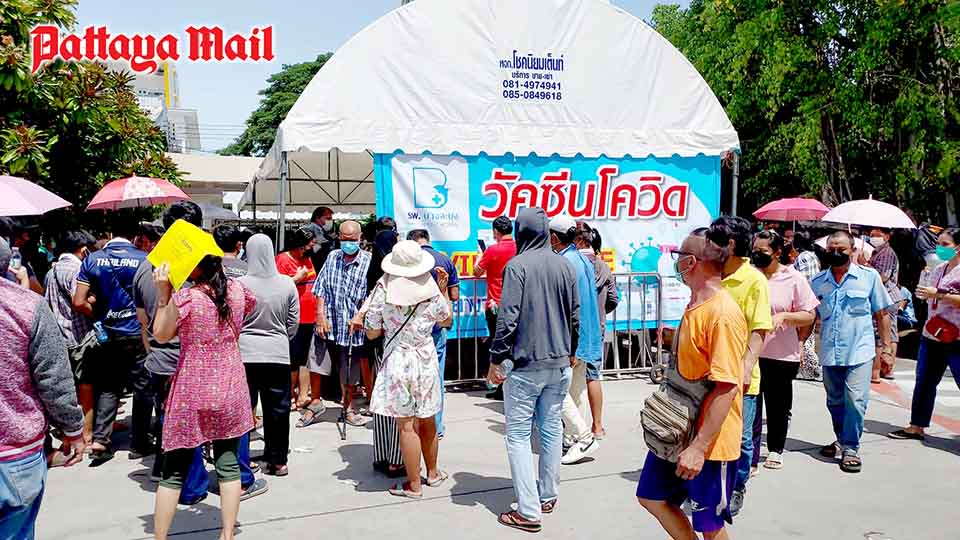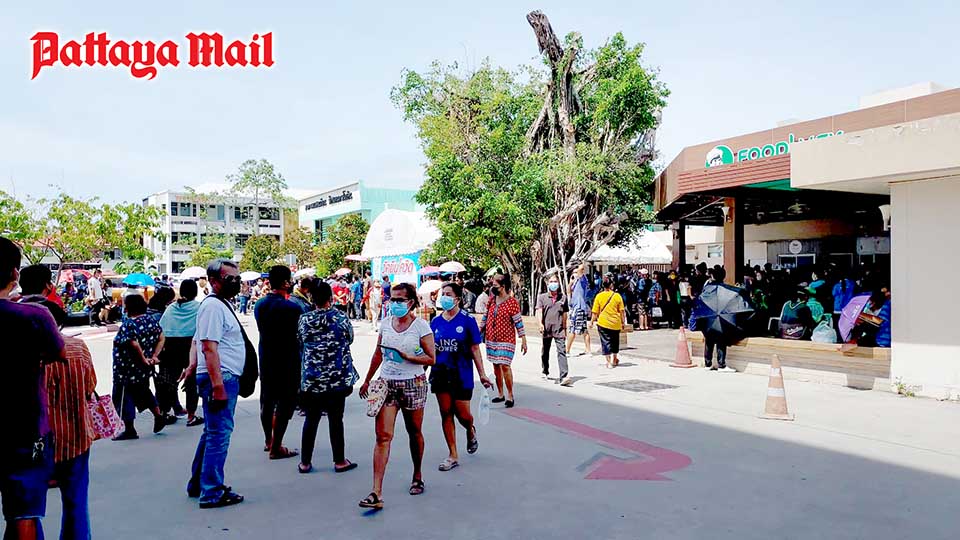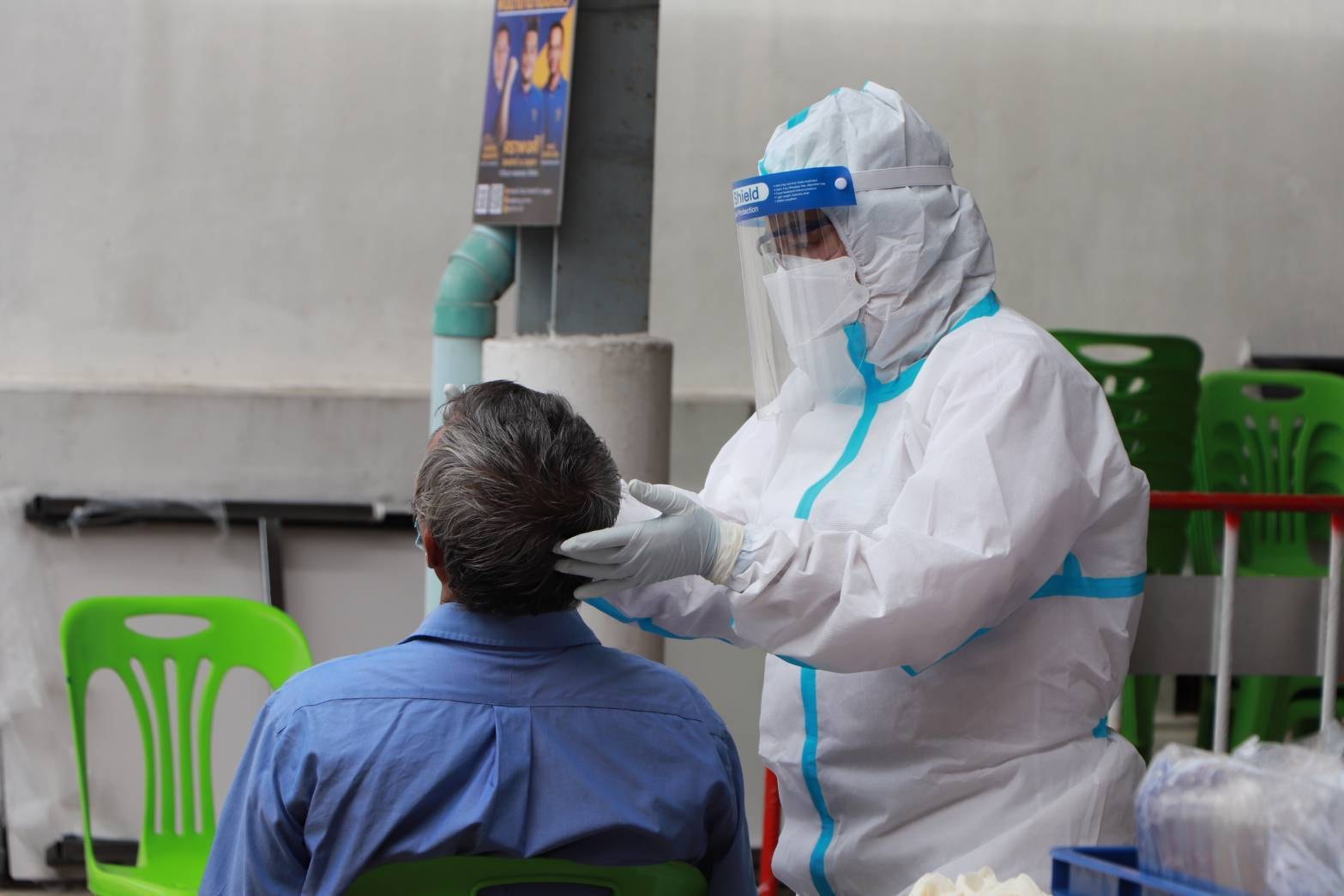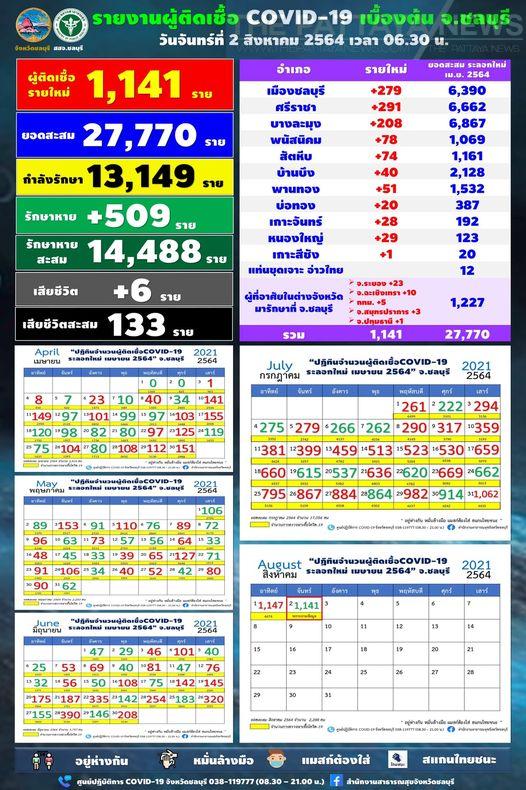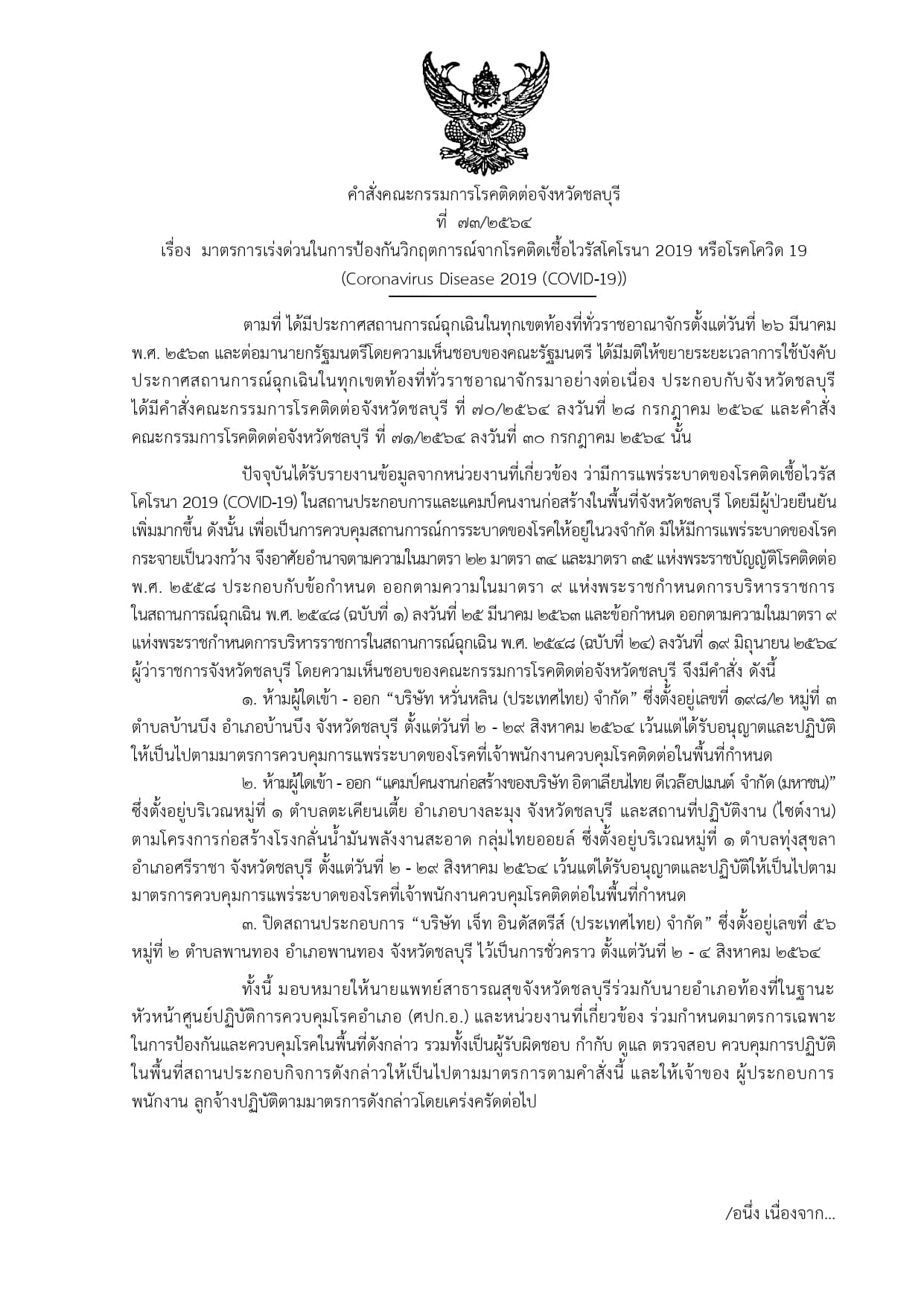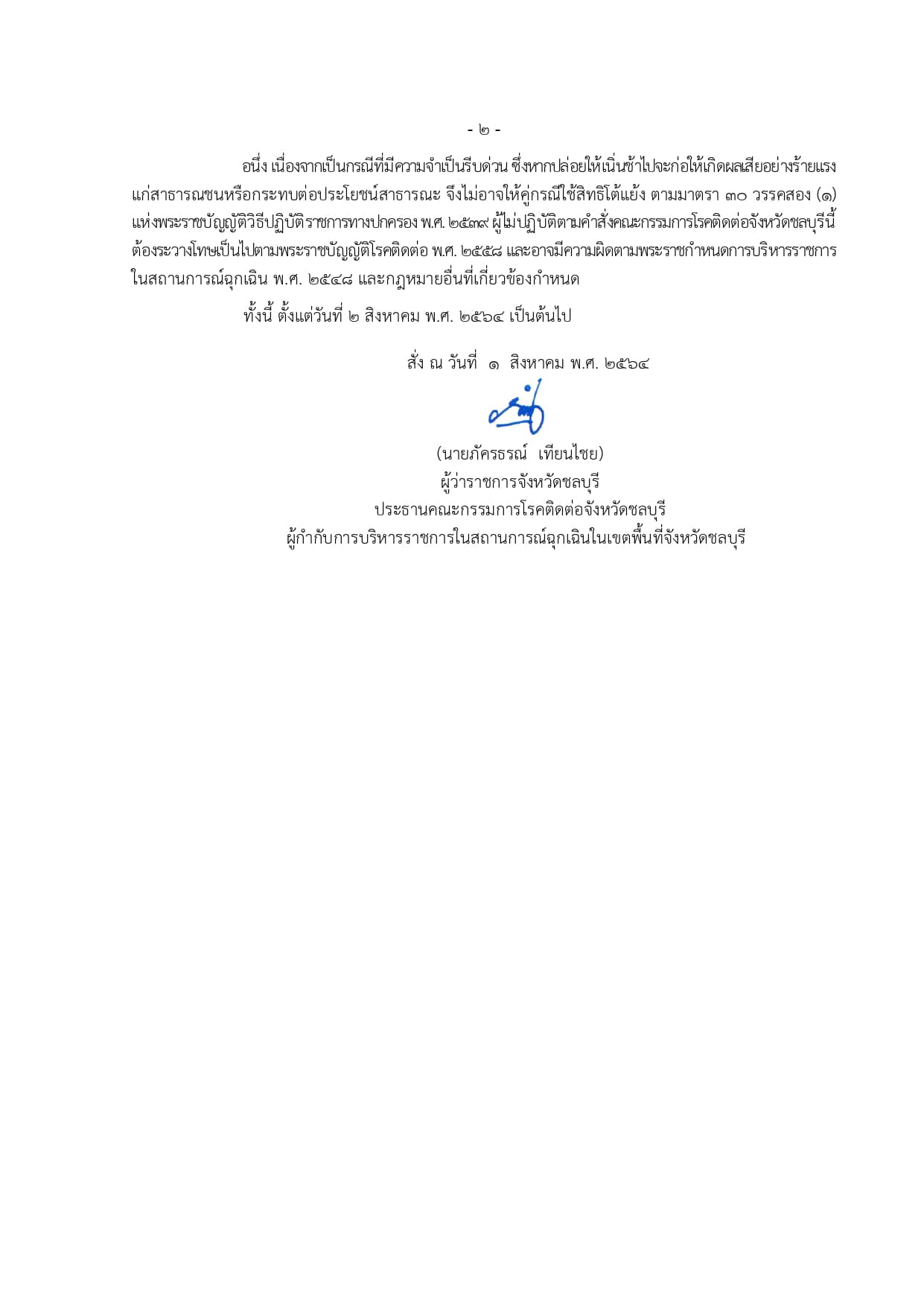If just 5 percent more of Thailand residents adhered to the government's coronavirus-control guidance, the number of daily Covid-19 cases could fall dramatically in weeks, the Public Health Ministry said.
Permanent Secretary Dr. Kiattiphum Wongraji said Monday that current caseloads and deaths were closely tracking the ministry's doomsday model, which forecasts 40,000 cases and 500 deaths a day by October. That's unacceptable and proof that, despite the meteoric rise in cases, too many people are not taking the crisis seriously enough and not following best practices.
There are far too many curfew breakers and, despite pleas for people to stay home during the day unless absolutely necessary, large numbers of people continue to go about their business as if everything was normal.
In addition to a dramatic increase in Covid-19 vaccinations, more cooperation is needed from to reduce transmission in the hardest-hit provinces, he said.
Kiattiphum said it would take only slightly more adherence to the rules – for example, getting 5 people per 100 to stay home when they're supposed to – for caseloads and deaths to dive downward from the model's upward trendline.
Kiattiphum said people have to get serious about locking down, staying home and stop going out to meet friends in the middle of a raging epidemic.
Curfews and other strict control measures have bene in place in greater Bangkok and the four southernmost provinces of Pattani, Yala, Narathiwat and Songkhla since July 12. Yet, in that time, daily cases have jumped from 11,000 a day to 19,000 a day.
Chonburi, Chachoengsao and Ayutthaya were added to the "deep red" list and 16 more provinces join the lockdown party today.
Kiattiphum said lockdown measures must be tightened with further crackdowns on movement and assemblies to reduce the trend.
To date, nearly 80 percent of all fatalities are among the elderly and those with underlying health conditions. Those groups are the main target group for the government's scarce supply of Covid-19 vaccines.
Meanwhile, hospitals are struggling to handle the tidal wave of coronavirus cases. Kiattiphum said government and private hospitals were running at near-capacity. In Bangkok, more than 90 percent of the city's 41,659 beds are taken.
Dr Sophon Iamsirithavorn, deputy director-general of the Disease Control Department, said the public did a much better job of reducing frequency and duration of travel last year. In April 2020, trips were reduced 80 percent. In July, 30 percent of the public was still out and about.
But cases have soared this year largely due to the more-infectious delta and alpha variants. So that 80 percent number of 2020 needs to be cut even further to break the chain of transmission, he said

